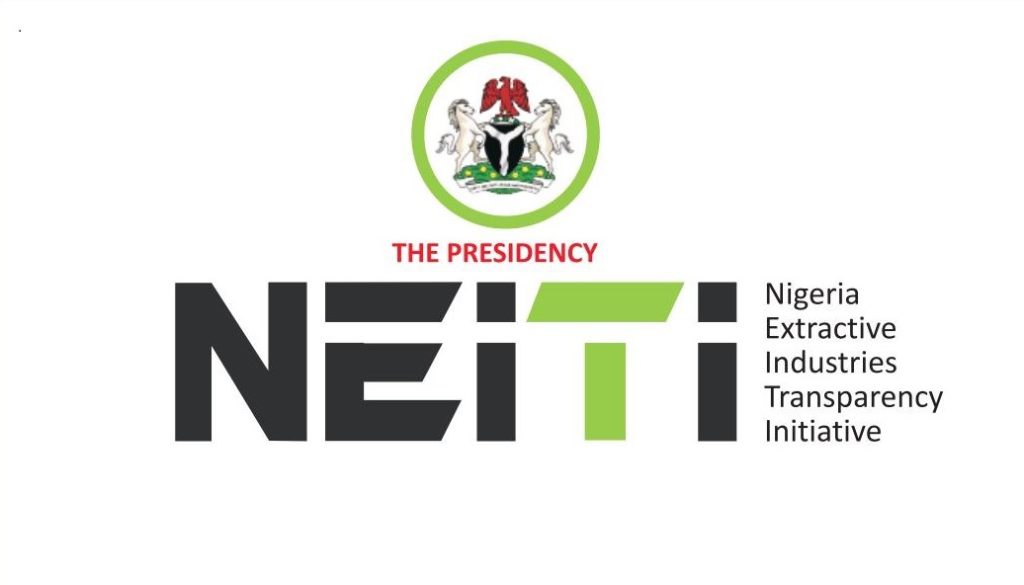The Nigerian Extractive Industries Transparency Initiative (NEITI) has revealed a significant debt burden on oil operators in Nigeria, amounting to $6.1 billion owed to the Federal Government. This substantial sum comprises outstanding royalties, concessional rentals, miscellaneous oil and gas revenue, and signature bonuses, all of which are critical contributions to the nation’s revenue stream. The accumulation of this debt raises concerns about the financial health of the oil sector and the potential impact on government revenue projections and budget implementation. A deeper understanding of the components of this debt, the contributing factors, and the potential implications for the Nigerian economy is crucial.
The largest component of the $6.1 billion debt is unpaid royalties, highlighting a systemic issue within the revenue collection process. Royalties are typically calculated as a percentage of the value of extracted oil and gas, representing a fundamental payment for the exploitation of these natural resources. The failure of operators to remit these payments promptly signifies either operational challenges within the companies themselves or deficiencies in the government’s oversight and enforcement mechanisms. A robust and transparent royalty management system is essential for maximizing government revenue and ensuring accountability within the extractive sector. Investigating the root causes of these unpaid royalties, whether due to deliberate non-compliance, accounting discrepancies, or other factors, is vital for addressing this significant revenue leakage.
Concessional rentals, another substantial portion of the debt, are annual fees paid by oil operators for the right to explore and produce within designated concession areas. These rentals represent a guaranteed income stream for the government, irrespective of production levels. The accumulation of unpaid concessional rentals suggests potential administrative bottlenecks or a lack of clear contractual agreements between the government and operators. Streamlining the rental payment process and strengthening contract enforcement can ensure consistent revenue flow and prevent future accrual of debt. Furthermore, a comprehensive review of existing concession agreements is necessary to ensure they are aligned with current market realities and maximize value for the Nigerian state.
Miscellaneous oil and gas revenue and signature bonuses constitute the remaining portion of the debt. Miscellaneous revenue can encompass a range of payments, including penalties, fees for environmental remediation, and other levies. Signature bonuses are one-time payments made by companies upon acquiring exploration or production rights. The non-payment of these amounts, while smaller in comparison to royalties and rentals, still contributes to the overall debt burden and underscores the need for improved financial management and stricter regulatory oversight within the sector. A detailed analysis of these miscellaneous revenue streams can identify potential areas for revenue enhancement and strengthen the government’s fiscal position.
The implications of this substantial debt are far-reaching and potentially destabilizing for the Nigerian economy. The $6.1 billion owed represents a significant loss of potential revenue that could have been allocated to critical social programs, infrastructure development, or debt reduction. This shortfall undermines the government’s ability to meet its fiscal obligations and deliver essential services to its citizens. Moreover, the accumulation of this debt creates a climate of uncertainty and undermines investor confidence in the Nigerian oil sector. A proactive approach to debt recovery, coupled with comprehensive reforms to strengthen revenue management and ensure compliance, is essential to restoring financial stability and fostering a more sustainable and transparent extractive sector. International collaborations and best-practice sharing can further enhance the effectiveness of these reforms.
Addressing this debt crisis requires a multi-pronged strategy involving enhanced transparency, strengthened regulatory oversight, and improved communication between the government and oil operators. NEITI’s role in providing independent audits and promoting transparency is pivotal in identifying and quantifying these outstanding debts. The government must leverage this information to develop a comprehensive debt recovery plan and implement stricter enforcement mechanisms to ensure future compliance. Furthermore, fostering a more collaborative relationship with operators, based on mutual respect and adherence to contractual obligations, can improve the overall financial health of the sector and contribute to sustainable economic growth for Nigeria. Regular dialogue between stakeholders, including government agencies, oil companies, and civil society organizations, can facilitate the development of effective solutions and promote a shared vision for the future of the Nigerian oil and gas industry. This collaborative approach will be essential for achieving long-term sustainability and maximizing the benefits derived from Nigeria’s valuable natural resources.


